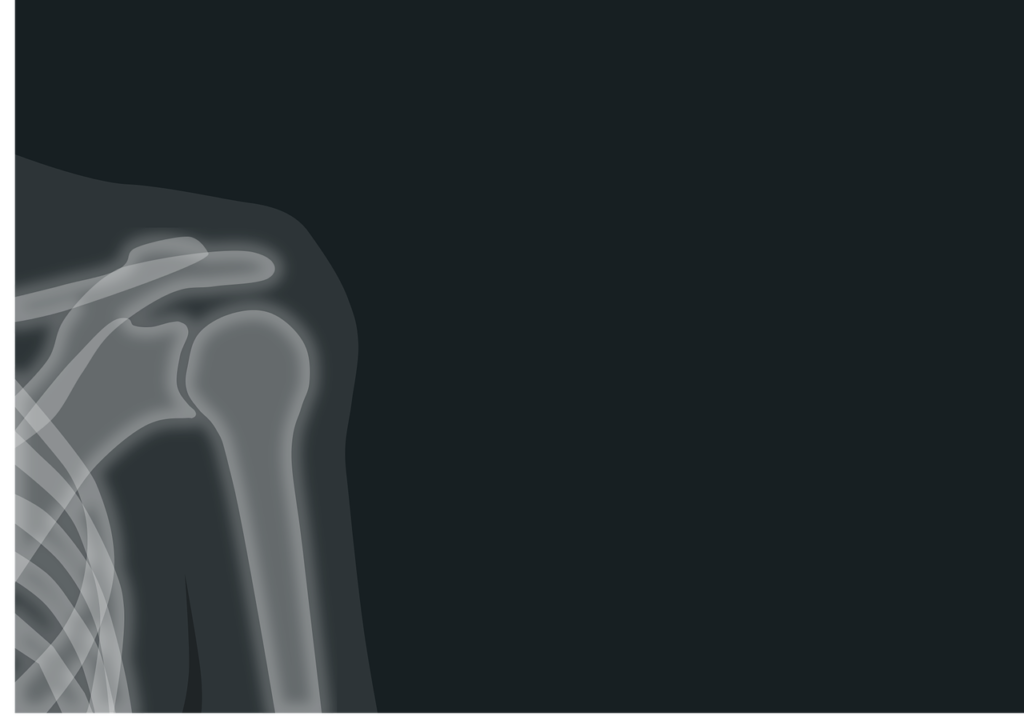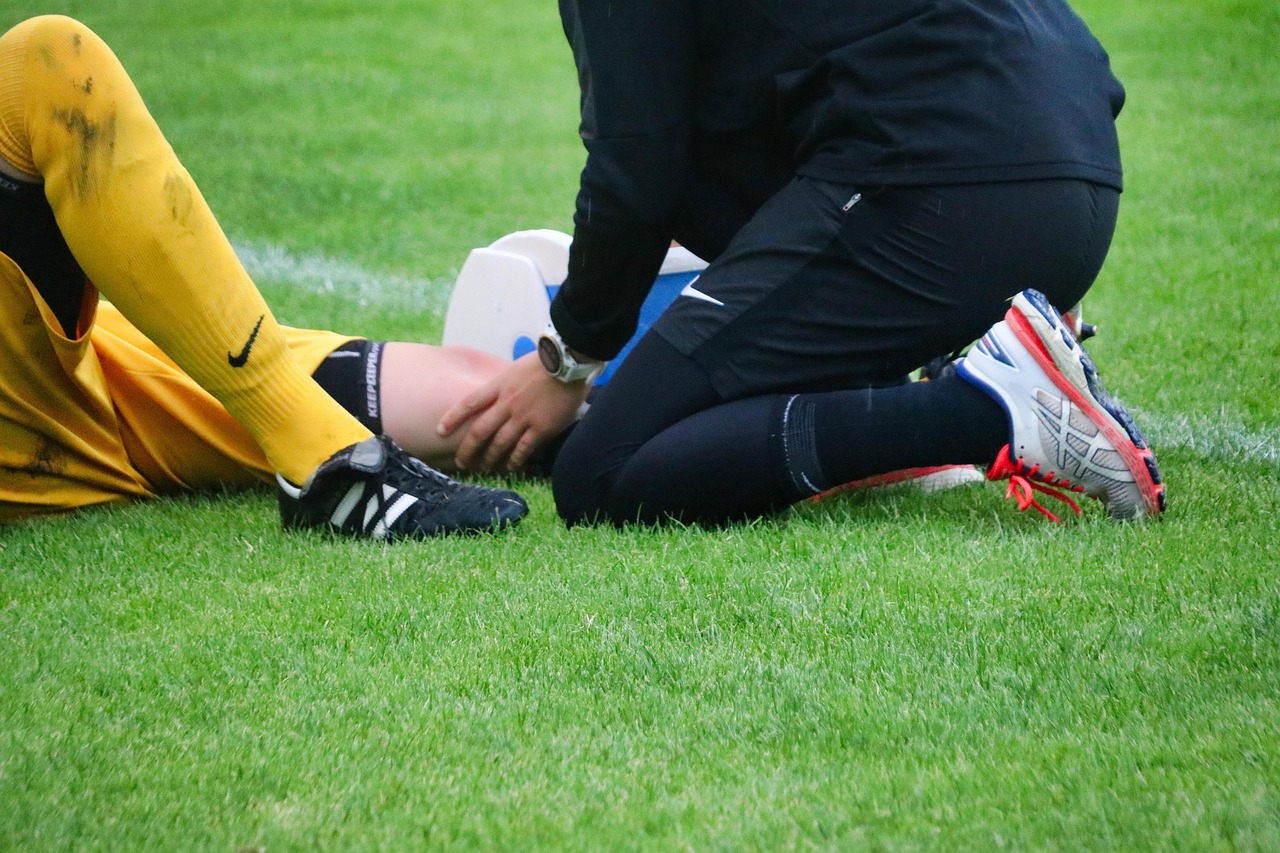Osteoporosis: Prevent bone loss!

Osteoporosis, also known as bone loss, is a condition in which bones become weak and brittle. In the early stages, it has no obvious symptoms, making it difficult to detect. But, early diagnosis of osteoporosis can play a vital role in preventing your bones from weakening and reducing the risk of serious fractures.
Why is early diagnosis of osteoporosis important?
When diagnosed late, the first sign is often a fracture, which can be painful and cause disability. Early diagnosis can help you gain the following benefits:
Timely treatment: Early detection allows you to start lifestyle changes and medical treatments that can help maintain or improve bone density.
Reduce the risk of fractures: Strong bones significantly reduce the risk of fractures, especially hip, spine, and wrist fractures.
Better quality of life: Preventing fractures and maintaining bone health can help you live an active and independent life.
Risk factors for osteoporosis:
Certain factors can make you more vulnerable to developing osteoporosis. These include:
Age: Bone density naturally decreases as you age.
Gender: Women are at a higher risk of developing osteoporosis than men, especially after menopause.
Family history: If someone in your family has osteoporosis, you may also be at a higher risk.
Low physical activity: An inactive lifestyle can weaken bones.
Improper diet: Lack of calcium and vitamin D affects bone health.
Certain medical conditions: Thyroid problems, rheumatoid arthritis, and some other conditions can increase the risk of osteoporosis.
Certain medications: Certain medications, such as steroids, can reduce bone density.
Smoking and excessive alcohol consumption: These habits are harmful to bone health.
How is osteoporosis diagnosed?
Osteoporosis is usually diagnosed using a special type of X-ray called a DXA scan. This scan measures your bone density and helps determine how strong your bones are.
The doctor may also make a diagnosis based on your risk factors, medical history, and physical examination.
What to do for an early diagnosis of osteoporosis ?
If you experience any of the risk factors for osteoporosis, it is important to talk to your doctor. They will be able to assess your bone health and recommend testing as needed.
Preventing osteoporosis:
Along with early diagnosis, it is also important to take steps to prevent osteoporosis:
Eat a diet rich in calcium and vitamin D: Eat dairy products, green leafy vegetables, and fortified foods.
Exercise regularly: Weight-bearing exercises and balance exercises help strengthen bones.
Quit smoking and limit alcohol consumption: These habits have a negative impact on bone health.
Avoid falls: Create a safe environment at home and take precautions.
